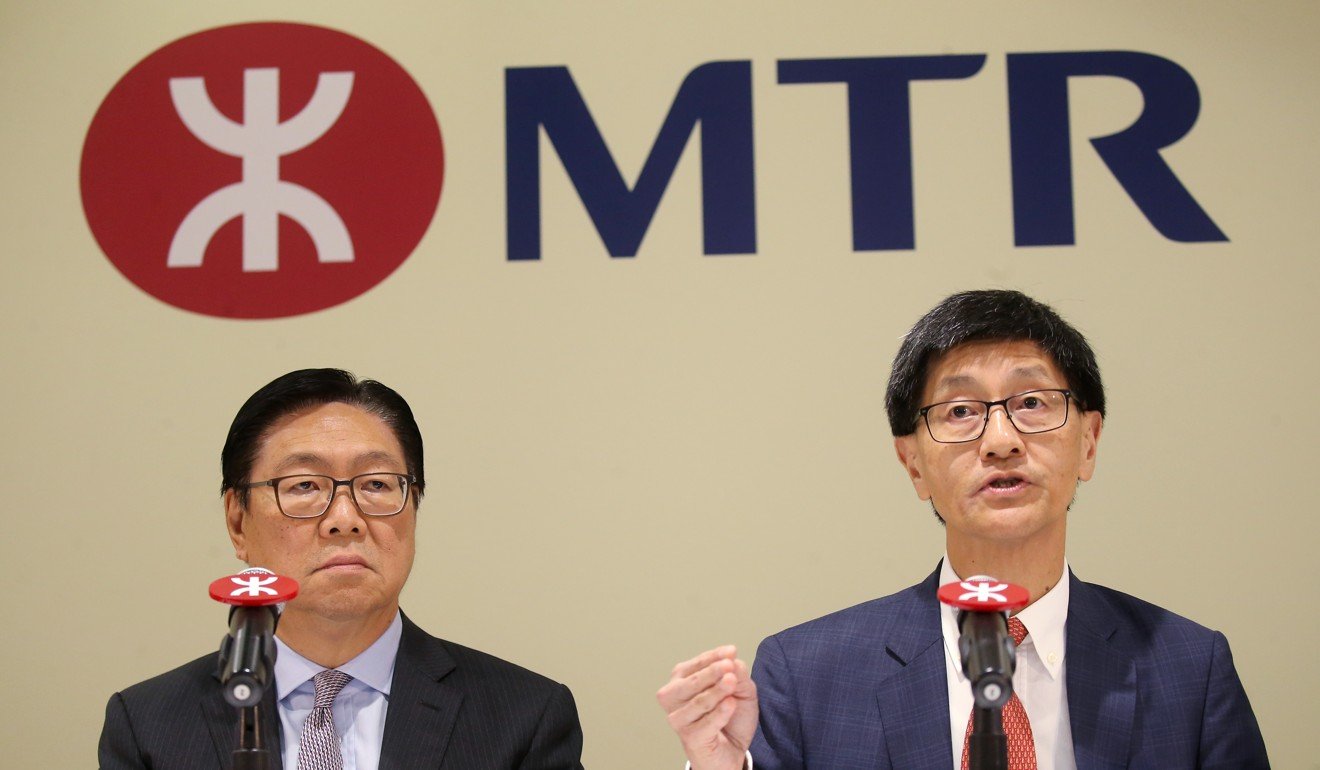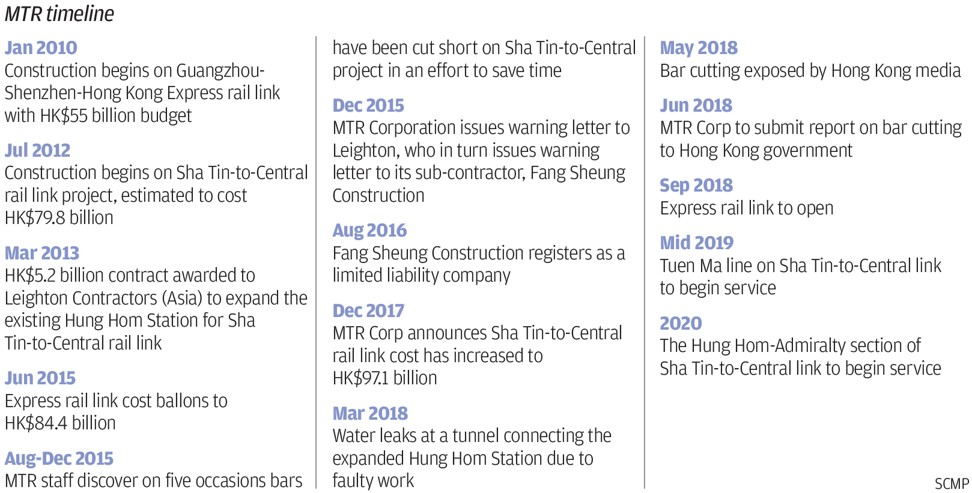
MTR management’s buck-passing over railway scandals a lesson in how not to handle a crisis
Stephen Vines says the lack of accountability displayed by the MTR Corporation’s leadership is rooted in it being a listed company whose major shareholder is also its regulator
In so doing, they are inadvertently providing a classic case study of what happens when corporate responsibility and crisis management go badly wrong.
In its defence, the corporation has (correctly) pointed out that all major projects encounter difficulties. However, the MTR Corporation does not seem to appreciate that what matters is how problems are handled.
What works is transparency, accountability and swift remedial action. The MTR management turns this on its head and operates on the basis of covering things up, dragging their feet on remedial action and passing the buck.
If anyone at the MTR ultimately shoulders the blame, it will probably be some relatively junior-level managers
The furore these remarks caused led Ma to resort to schoolboy tactics by saying that he had only spoken in this way because of bad weather and forgetting to pray in the morning. He did not, however, even attempt to withdraw the substance of the remarks.

This is surprising because the MTR’s responsibilities are obvious. Its problems arise from a profound structural malaise entirely created by the government itself, which rushed to privatise the corporation in 2000, but left it in the hinterland between the public and private sectors, offering the worst of both worlds.
Maybe there were zealots in the administration who liked the idea of privatising a large publicly owned utility
Maybe there were zealots in the administration who liked the idea of privatising a large publicly owned utility and maybe some of them actually believed this would transform the MTR into a more competitive entity.
The outcome, however, is to have created a corporate structure which seems to be designed for evading responsibility as it is no longer a purely public entity but, on the other hand, hardly a fully fledged private entity. The government’s stake hovers around 75 per cent, which is right on the border of the upper limit for a company to retain a listing in Hong Kong.
The MTR’s shareholders enjoy a double transport and property monopoly
And if that were not enough, the company’s regulator is also its owner. This kind of arrangement is commonplace among utilities around the world but only works where the entire operation is in the public sector and subject to full accountability. Once a utility is able to cite responsibilities to its private shareholders alongside its public responsibilities, the whole situation becomes hopelessly muddled.
Given the strange hybrid nature of this entity – including the nominal need to serve two entirely different masters – it is little wonder that the MTR’s management has such a shaky concept of accountability and seems to regard management responsibility as some kind of exotic beast that needs to be avoided.
Stephen Vines runs companies in the food sector and moonlights as a journalist and a broadcaster


